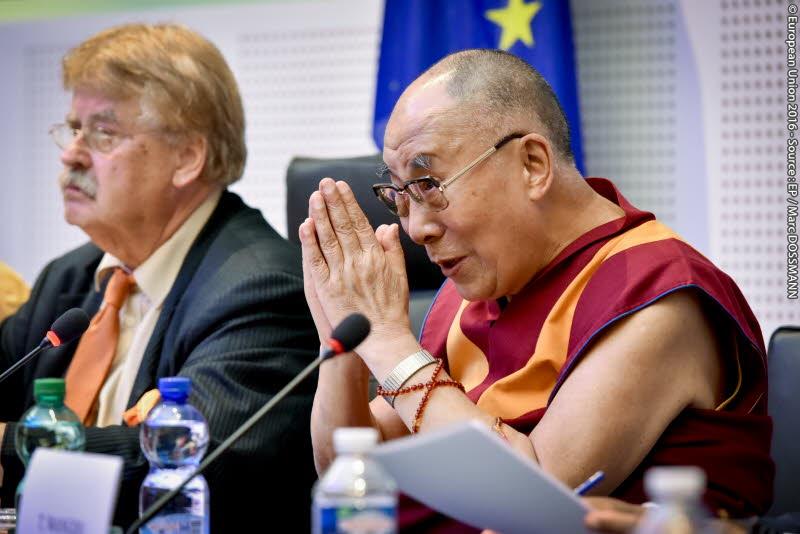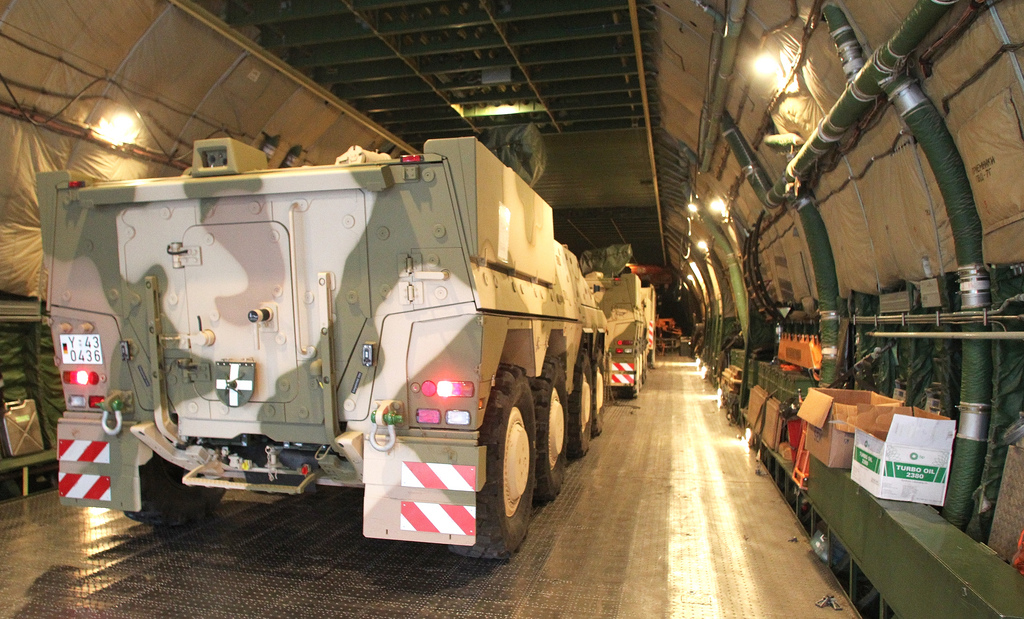Polish blunder in Nangar Kehl, Afghanistan: we know more!
(B2) Several Polish soldiers stationed in Afghanistan allegedly killed, more or less deliberately, several civilians and therefore committed a "war crime", in Nangar Khel (in the south-east of the country), in August 2007. C is at least the conviction of the Polish investigating judge who has completed his work. And we begin to know more thanks to a comprehensive survey conducted by Gazeta Wyborcza.

In November 2007, seven soldiers returning from a mission in Afghanistan (as part of the ISAF-ISAF) had indeed been arrested in Poland and accused of having killed eight Afghan civilians, including women and children (dispatch AFP, see also the article of New York Times). While some were released quickly, others were kept “cool” longer; four of them were only released on 10 June. The magistrate in charge of the case, Karol Frankowski completed his work in early July 2008, finding war crimes for six of the defendants. Suddenly dismantling the first official version which spoke of soldiers ambushed by the Taliban and reacting to fire. In fact of fire, it seems, it was rather certain Polish soldiers who, a few hours later, came to spray the village, where civilians were present, with fire.
![]()
Journalists from Gazeta Wyborcza were able to learn about theindictment. The reconstitution of the framework of the events that they have just published, with the help of certain testimonies, is illuminating of the confusion that reigned that day on certain human values.
It all happened on August 16, 2007, near the village of Nangar Khel. Two vehicles of a Polish-American convoy are immobilized from the mines. The convoy leader then asked the Polish base at Wazi-Kwa for reinforcements (tow trucks) to remove the damaged vehicles. Then also arrive on the spot two units of commandos of the"Delta" unit of Bielsko-Biala, wearing the crest of a skull on the shoulder, with crossed swords on a black background. One of these units begins to fire on the center of the village, explaining that it was ordered to fire from its base. To the chagrin of the leader of the convoy, Maciej N., who does not seem aware of this order, as well as the commander of the second unit. The base commander, contacted, denies having given such an order. Same ignorance when N. contacts them. The latter then sends one of his soldiers to the members of the commando asking them to stop firing and informing them that there are women and children in the center of the village. No result. It will take the intervention of an officer for the shooting to stop.
Today, the "Procuratorate" - questioned by journalists from Gazeta - makes "no comment"... But, in a television report, broadcast in July on Polsat, it is clear that the representative of the Procuratorate specified that there was no threat for the soldiers, which could legitimize shootings. As for the question of the order, and the nature of the shooting, the testimonies of the soldiers involved differ: some believe that there was an order, others that they carried it out but by shooting in the air. , one of the officers mentions that it was an error by the Polish "counterintelligence" which misled them and invokes an investigation by the Americans which cleared them of all responsibility (an "error"). Military experts had seriously mentioned, for a moment, expired ammunition which would have caused the damage (!). It looks a bit like a save-who-can...
Especially since a second case was grafted onto the first, as revealed by another article also appeared in Gazeta, where we would see a photo of one of the soldiers posing in the middle of dead Taliban (a somewhat "natural" process among extreme fighters...) - in fact, it seems that it is the Americans who liquidated the Taliban and then sent the Poles to "clean up" the sector.
In short, what seems certain is that in Nangar Khel, on August 16, 2007, the commitment of NATO troops was rather beyond the ordinary rules of military engagement of multinational forces... If the case no longer seems isolated, little by little the "civilizing" intervention in Afghanistan seems to be taking a worrying turn, as was the Soviet intervention in the same country in 1979-1989, where the testimonies of returning soldiers in the country were uplifting (as the book tells "Zinc Caskets") ...
To learn more about Afghanistan, the file of "Devoir" the Quebec daily.

